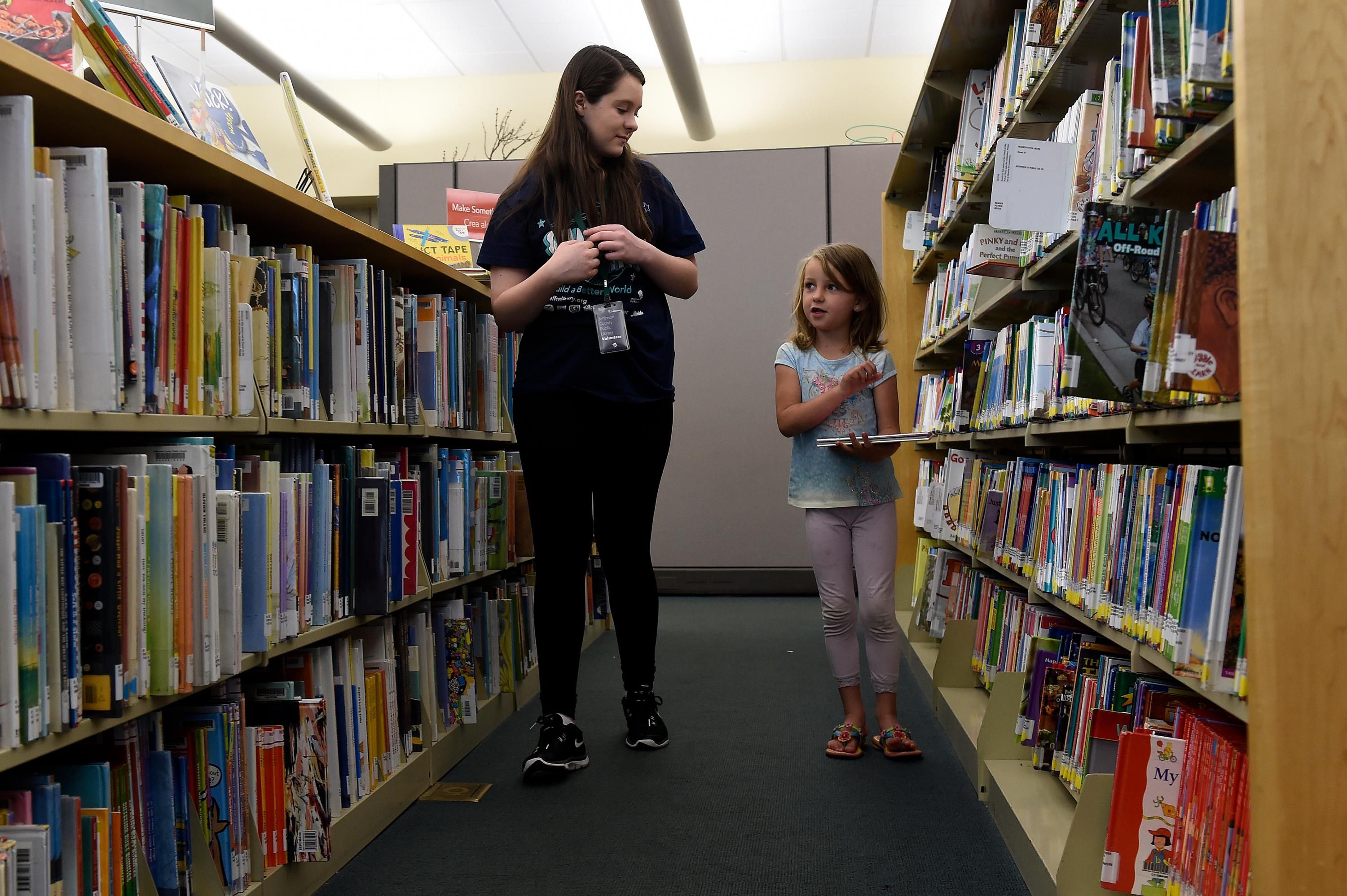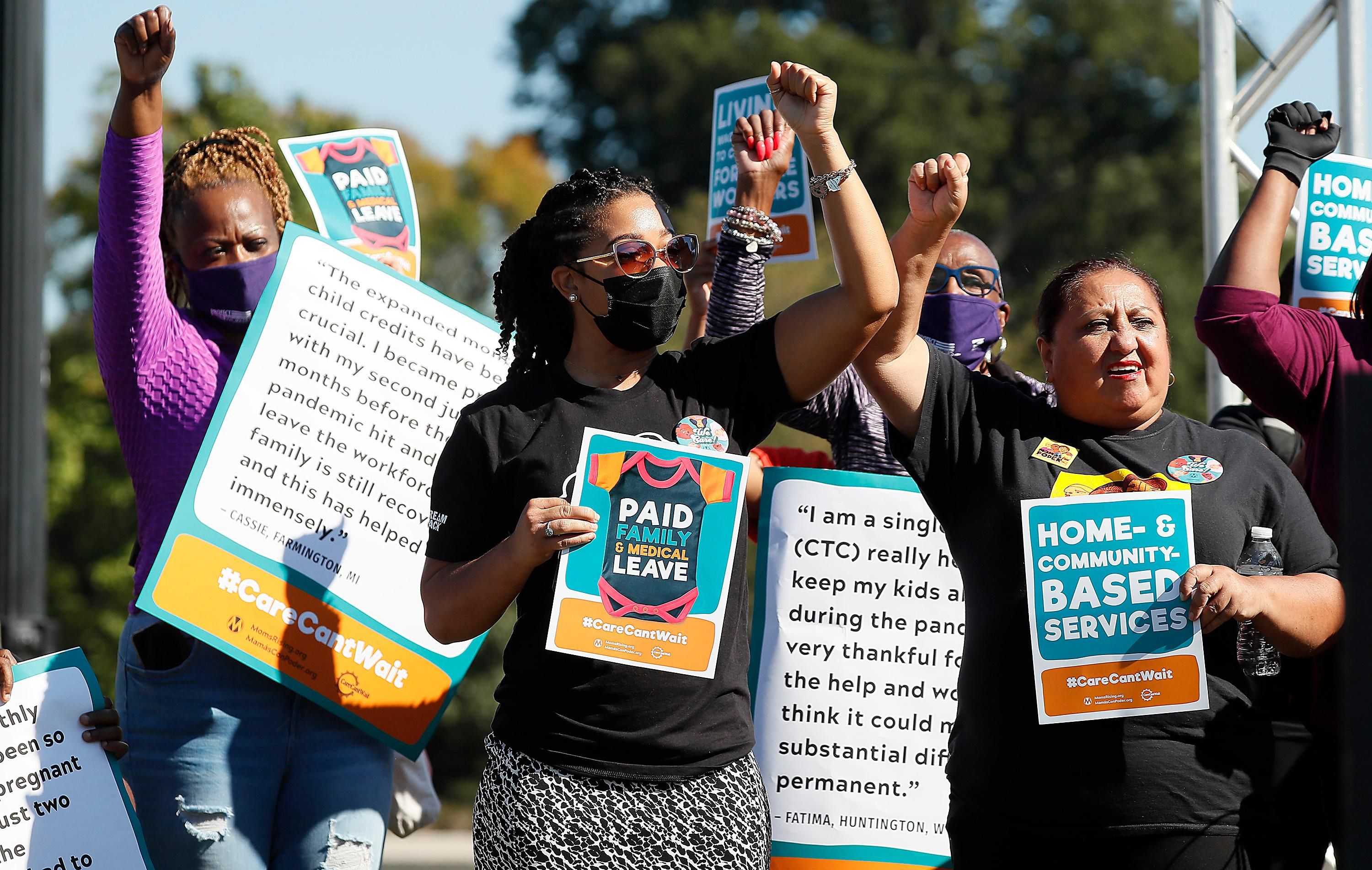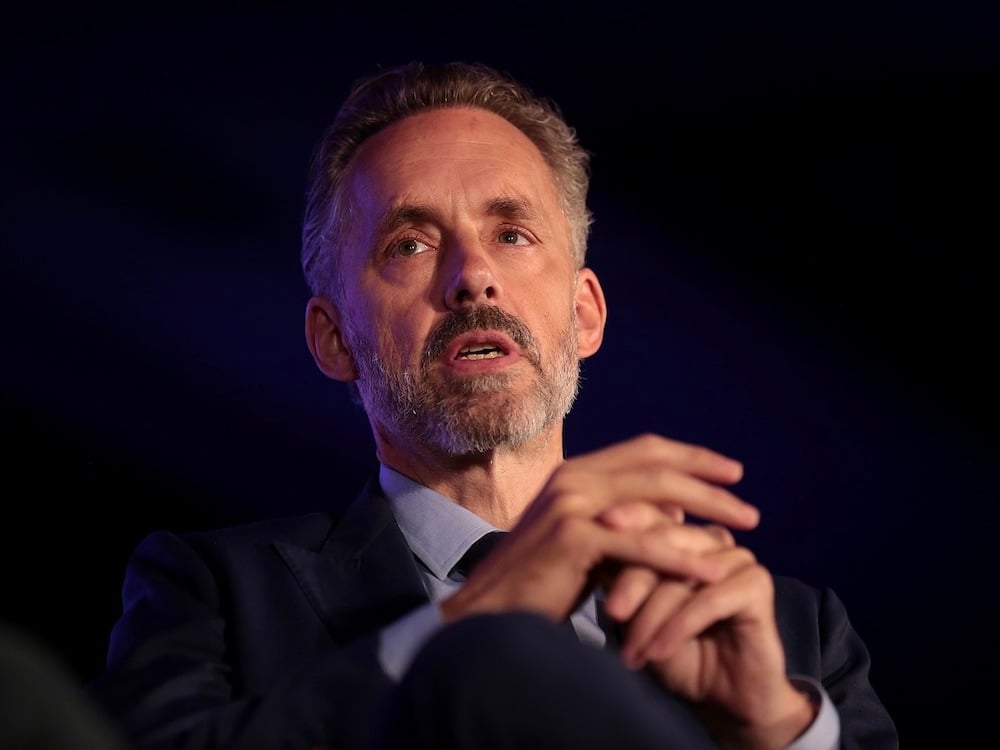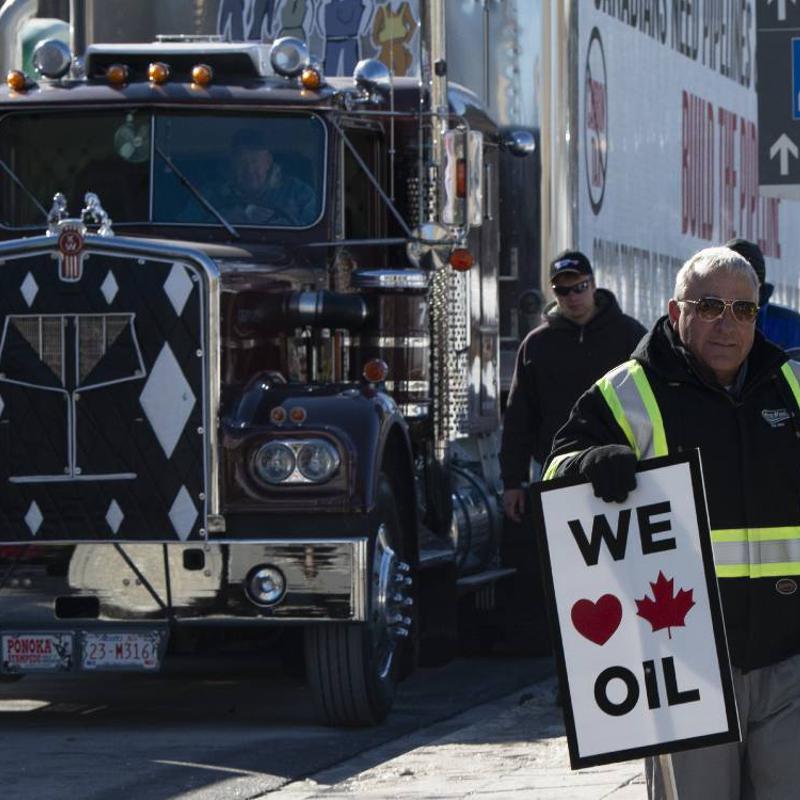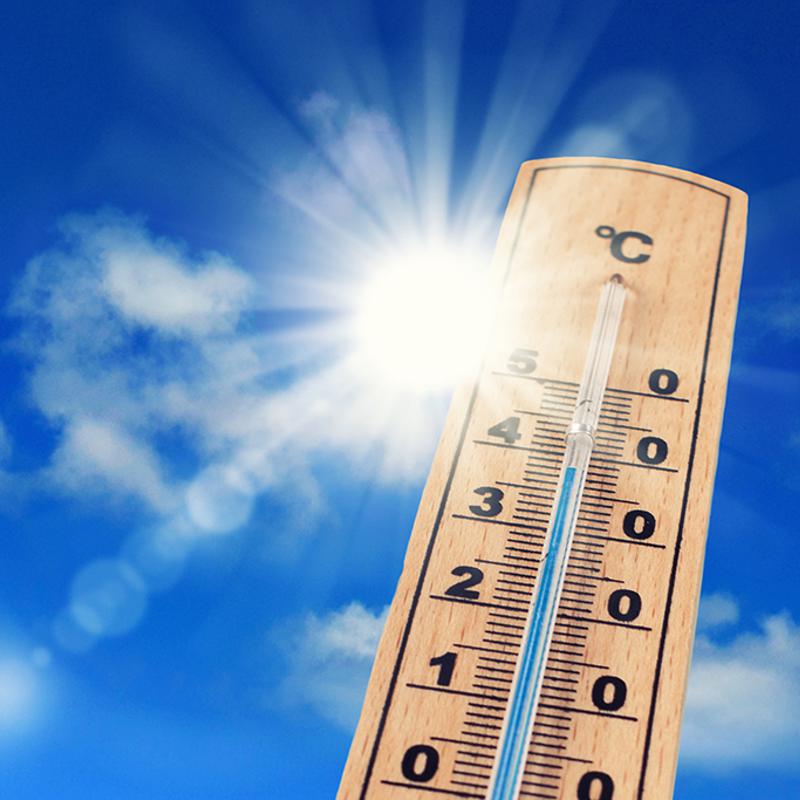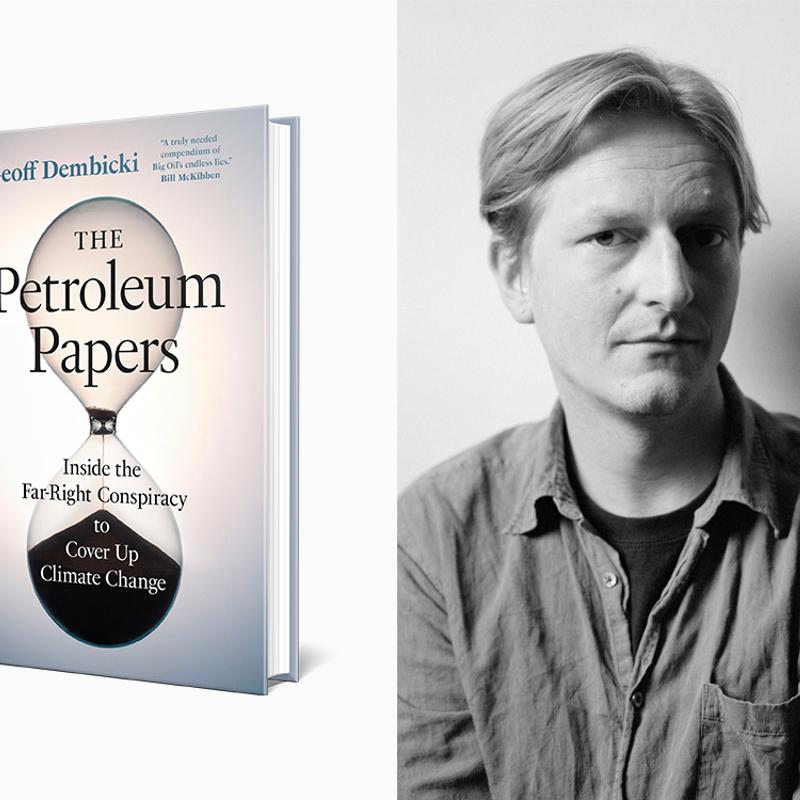"The fact that Gabriel Boric's extremely normal and reasonable actions in response to Israeli violence against civilians is seen as 'unprecedented' reflects incredibly poorly on the rest of the international community."
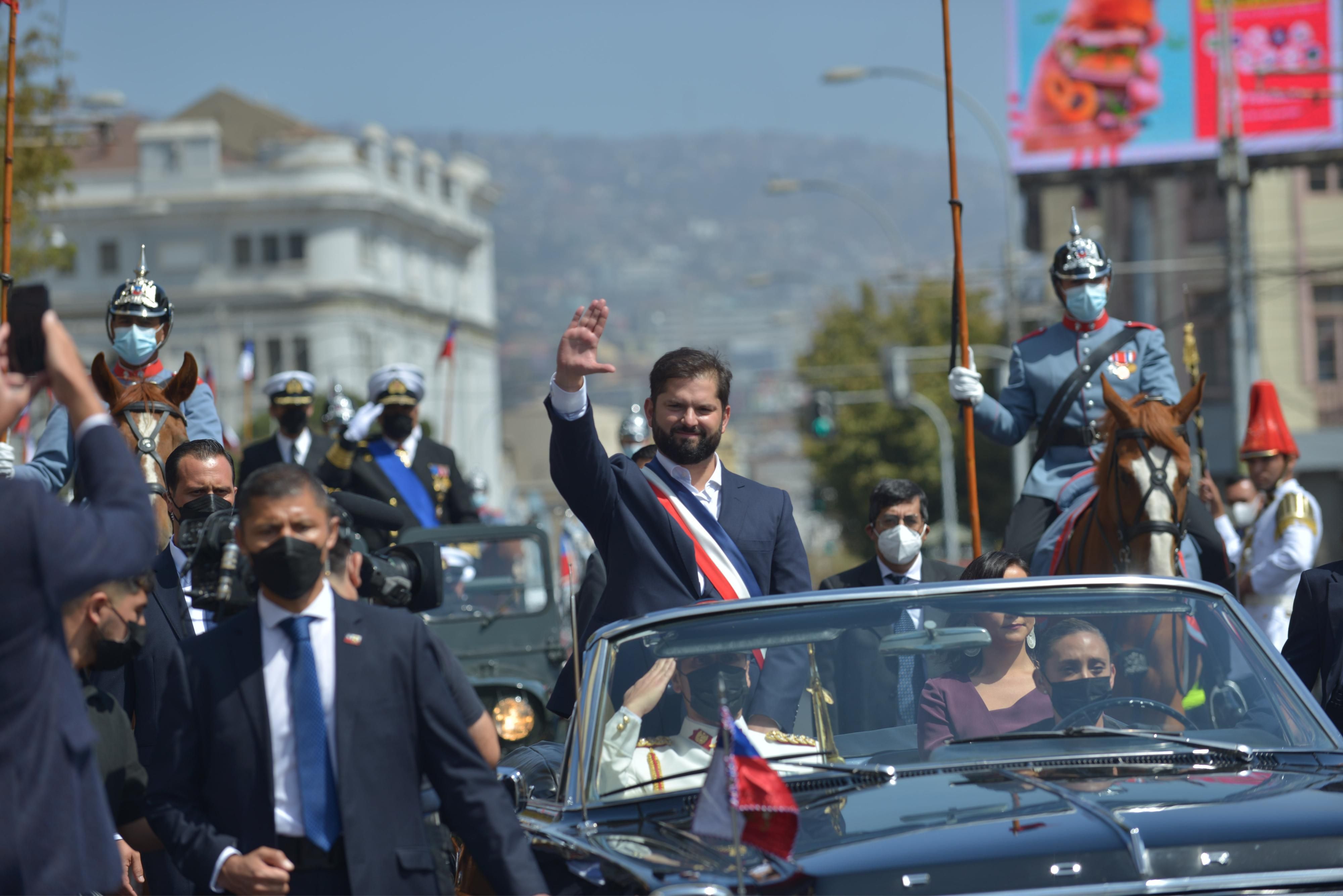
Chilean President Gabriel Boric leaves Congress after his inauguration ceremony in Valparaiso, Chile on March 11, 2022. (Photo: Vanessa Rubilar Quintana/Anadolu Agency via Getty Images)
BRETT WILKINS
Human rights defenders on Friday welcomed a move by Chile's progressive president to put off accepting the new Israeli ambassador's credentials in response to the killing of a Palestinian teenager earlier in the day.
"All states should cut diplomatic relations with Israel for its continuing crimes against humanity. Enough is enough."
A spokesperson for the Chilean Foreign Ministry confirmed to Reuters that the decision to delay a meeting between President Gabriel Boric and Israeli Ambassador Gil Artzyeli was made "because of the death of a minor."
Israeli occupation forces fatally shot 17-year-old Odai Trad Salah in the head during a Thursday morning raid in the village of Kufr Dan outside Jenin in the illegally occupied West Bank of Palestine.
According to The Palestine Chronicle, Artzyeli was inside the Chilean presidential palace awaiting his scheduled meeting with Boric when Foreign Minister Antonia Urrejola informed him that his credentials would not be accepted that day, and that the formal ceremony would be delayed until next month.
Ahmad al-Deek, an adviser to Palestine's foreign ministry, said in a statement that "we welcome the Chilean president's position, which is in line with international law and resolutions, and we appreciate this position aimed at applying pressure on the Israeli government to stop its ongoing daily crimes against our people."
Israel's Ministry of Foreign Affairs responded by calling the snub "puzzling and unprecedented behavior" that "seriously harms the relations between the two countries."
Chile is home to the largest Palestinian community outside the Middle East. The advocacy group Comunidad Palestina de Chile published a statement Thursday saying it "highly values" the decision by Boric to postpone Artzyeli's credential ceremony.
"As long as the world continues to treat Israel and its diplomats with normality, while committing war crimes, crimes against humanity, human rights violations systematically, and subjecting the Palestinian population to an apartheid regime, the situation of the Palestinians will not change," the group added.
Michael Bueckert, vice president of the group Canadians for Justice and Peace in the Middle East, tweeted that "the fact that Gabriel Boric's extremely normal and reasonable actions in response to Israeli violence against civilians is seen as 'unprecedented' reflects incredibly poorly on the rest of the international community."
The Palestinian BDS National Committee—part of the global boycott, divestment, and sanctions movement—thanked Boric for "courageously postponing the accreditation of apartheid Israel's ambassador."
"Israel is escalating its massacres, ethnic cleansing, siege, land theft, and colonization in broad daylight," the group added. "As with apartheid South Africa, there should be no normal relations with Israel's abnormal, decades-old regime of settler-colonialism and apartheid."
The Israeli raid that killed Salah targeted the home of cousins Ahmed Ayman Abed and Abdulrahman Hani Abed, who were killed on Wednesday after attacking an Israel Defense Forces checkpoint outside the Jenin refugee camp and killing IDF Maj. Bar Falah.
According to the anti-occupation news site Mondoweiss, six Palestinians, including four from the Jenin area, were killed by Israeli forces over the past week. Among those killed was 16-year-old Haitham Hani Mohammad Mubarak.
The Palestine Chronicle reports at least nine Palestinians—including an 8-year-old child—were injured Friday as Israeli occupation forces attacked demonstrators taking part in a weekly protest against the expansion of an illegal Jewish settler colony in the village of Kafr Qaddum near Qalqiliya. According to witnesses, IDF troops attacked the protesters with rubber-coated steel bullets and tear gas.
Sixteen children were among the 45 people killed last month during IDF attacks on Gaza in response to rockets fired at Israel by Palestinian resistance fighters.
Since the beginning of the century, more than 2,200 Palestinian children have been killed by Israeli military, police, and settler attacks, according to the group Defense for Children International Palestine (DCIP).
"Israeli soldiers kill Palestinian children with complete impunity," DCIP accountability program director Ayed Abu Eqtaish said last week. "With each killing, Israeli forces highlight their complete disregard for international norms, brazenly perpetrating war crimes over and over again, as the international community merely expresses concern."
Our work is licensed under Creative Commons (CC BY-NC-ND 3.0). Feel free to republish and share widely.
